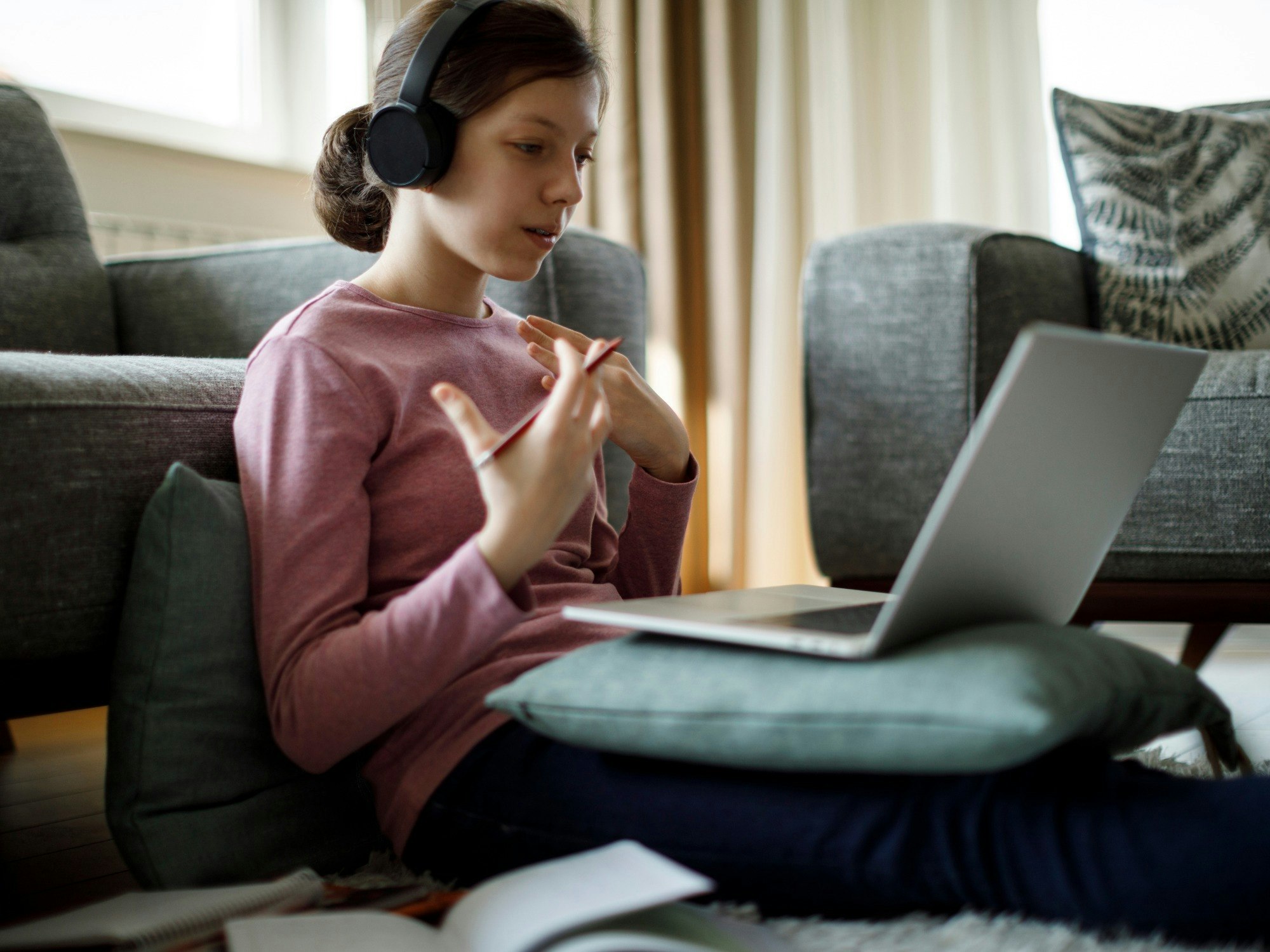Students with autism face a decline in mental and physical health during lockdown

Remote learning during Term 3 in Victoria, due to continued COVID lockdowns, has led to a decline in the mental and physical health of students with autism, says a new report released by autism peak body, Amaze.
Although the Learning in Lockdown report found some students were reporting a positive experience many were being negatively impacted.
The survey of 312 families of autistic students in Victoria during lockdown found that:
-
The learning of 47.8 percent of autistic students in Melbourne and 55 percent in regional schools had not progressed since learning remotely.
-
45.4 percent of autistic students in Melbourne government schools have not had their learning needs met in Term 3, with many missing out on the personalised support and adjustments they need to learn.
-
The mental health and emotional wellbeing of 67.9 percent of autistic students in Melbourne, and 60 percent in regional schools had suffered a decline since learning remotely.
-
The physical health of 41.1 percent of autistic students in Melbourne and 35 percent in regional schools was worse-off since learning remotely.
Survey respondents shared many of their concerns about what happens if the lockdowns in Victoria continue with one person commenting, “I fear the longer they are kept at home, there will be greater damage to their mental and emotional health.”
While others shared the struggles of engaging their child with the school work and managing screen time for their children.
“His mindset is ‘school is for schoolwork, not home’. It has been a daily struggle getting him to do anything.”
While another responded, “we are having big problems with screen time addiction and this is really hard to manage when most of his schoolwork is online.”
Chief Executive Officer (CEO) of Amaze, Fiona Sharkie, says the report findings highlight a critical need to give autistic students priority in the opportunity to return to school on site as soon as restrictions in Melbourne begin to ease.
“Autistic students and their families need clarity now, before the end of this term, around where they fit in the roadmap for returning to school in term 4.”
“It’s clear from what families are telling us that many autistic children are battling, both mentally and academically, during remote learning, and are at risk of being left behind. Some have disengaged from schooling altogether,” Ms Sharkie says.
“Students with disability and their families are being disproportionately impacted by schooling disruptions.”
It’s not just a matter of losing out on education but of missing out on peer friendships, says one survey respondent.
“Doing remote learning, my child has had somewhat less stress by not being in a classroom every day, but is also suffering from the lack of peer friendships.”
Amaze is calling for students with disabilities to have the option to return to traditional face-to-face schooling when the state reopens schools in October.
Ms Sharkie says, “Amaze is calling for all students with disability to have the option to return to face-to-face schooling, regardless of their year level, when Melbourne schools start their staggered reopening from 12 October.
“Targeted catch up support and immediate attention to mental health and wellbeing of autistic students as they return to school is critical.
“We welcome the return of face-to-face learning at specialist schools from 12 – 16 October, but we cannot forget about the thousands of autistic children in Years 3-10 enrolled in mainstream Melbourne schools: their option to return to school must be an immediate priority.”
For the latest updates on how COVID-19 is impacting the disability sector visit our dedicated COVID-19 information page.
What has the impact of COVID-19 been on you? Tell us in the comment section below.